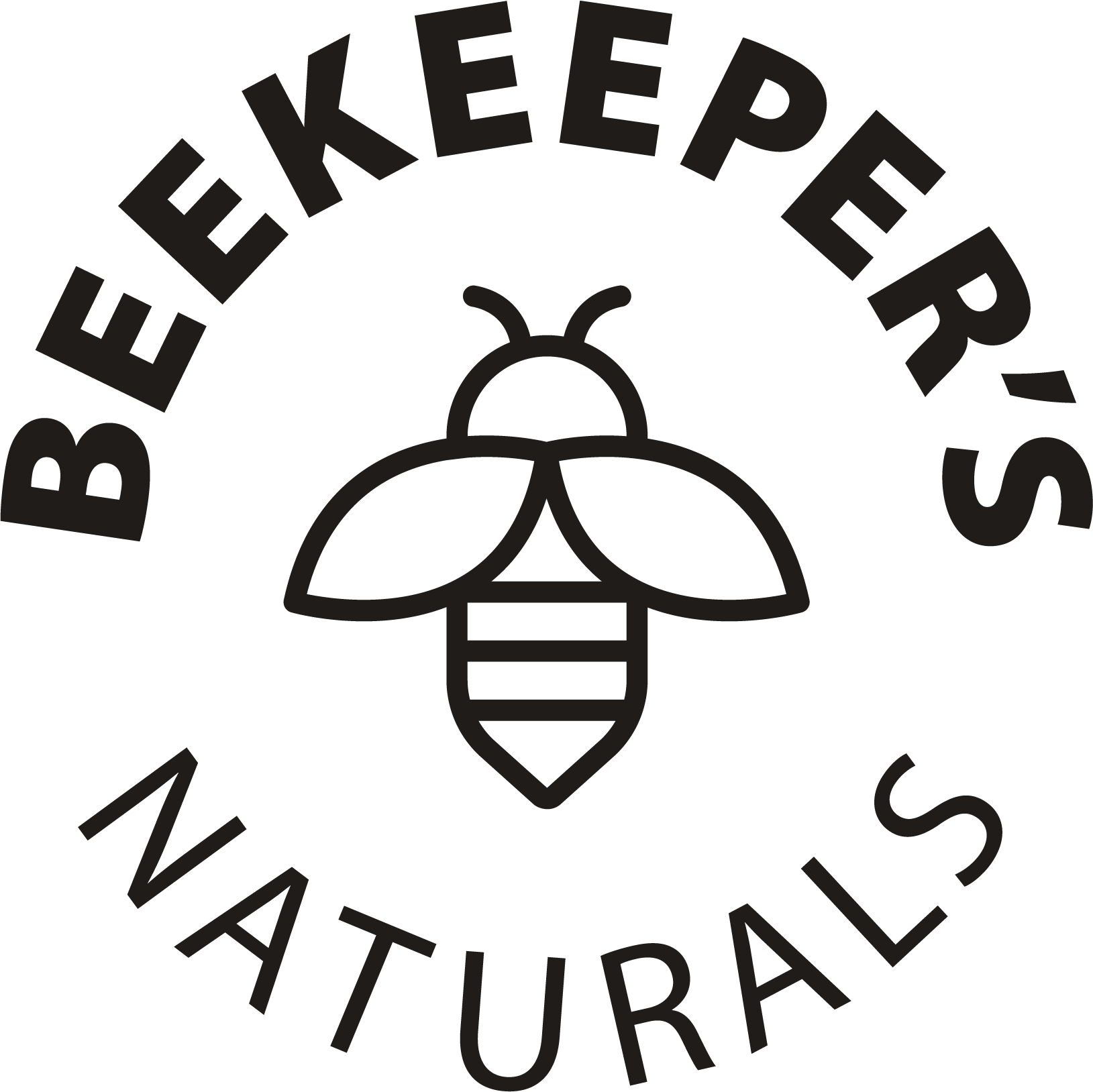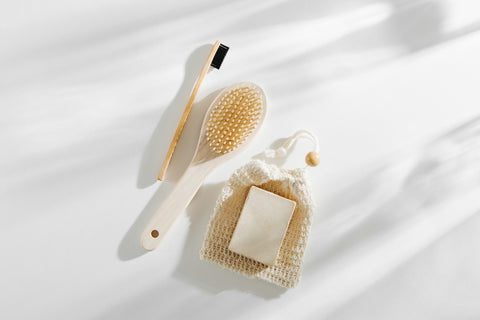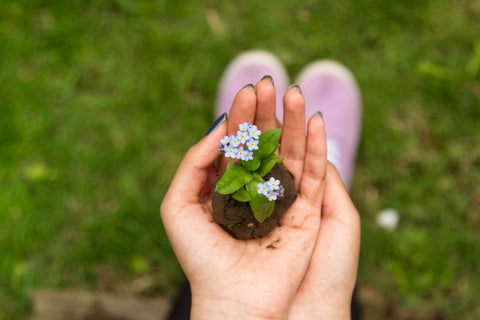Self care is so important, especially in times like these. If you don't already have a go-to practice that you love, there's never been a better moment to adopt one. But as you navigate the world wide web of self care advice, ever wonder what’s really worth your time (and money) and what’s not? We’re here to help you navigate the hard science behind the at-home self care practices you’ve been most curious about.

Gua Sha
Gua sha is an ancient technique that involves scraping along the skin to stimulate circulation and reduce inflammation. Vogue recently proclaimed that “gua sha is the original at-home self care”. “Historical records on the first use of Gua Sha date back to the Paleolithic Age… stone implements were used to rub parts of the body to alleviate pain symptoms,” according to celeb facialist Angela Caglia. Modern gua sha has its roots in traditional Chinese medicine, where it’s long been used to help relieve inflammation, promote healing, and help balance qi.
Fast forward thousands of years and it’s still hugely popular. It’s deeply relaxing, promotes circulation, and can effortlessly dig into pesky muscle knots (so you can stop rubbing your shoulders up against door knobs like an itchy bear).
But what does science have to say? Studies have shown that gua sha on the body may be an effective treatment for musculoskeletal tension and pain, although more research is needed. But is it good for your face? There haven't been many studies conducted, so we can't make any conclusions.
Gua sha claims to kick the body’s innate detoxification systems into gear by circulating the stagnant lymph fluid that is thought to cause puffiness and inflammation. It also helps to release the sneaky muscle tension in your head and face that can encourage wrinkle development. So if you’re sitting at home furrowing your brow in front of a computer screen all day, it probably can’t hurt. It may even boost your glow a bit. Just don’t expect it to work miracles.
Honey Facials
Honey facials are nothing new. Cleopatra was rocking them way back in Ancient Egypt. But is it a self care practice that stands the test of time? We say absolutely.
With well documented germ-fighting and humectant properties, raw honey is a natural at clarifying blemishes. It's also deeply hydrating, rejuvenating, and acts as a natural exfoliator, which can help enhance your glow and support healthy skin. It's definitely worthy of weekly facial status.
Even celebs like Cameron Diaz and Drew Barrymore have been known to slather on a B.Powered Honey face mask from time to time. Think of it as a super luxe spa treatment you can do at home on a budget.

Wim Hof Breathing
If you haven’t heard about this guy yet, you’re in for a treat. Wim Hof, aka The Iceman, is able to regulate his internal body temperature and immune defenses simply through through meditation and deep breathwork! It challenges everything we thought we knew about the body.
When it comes to self care, meditation and breathwork are indeed the old standbys. We know they’re good for us, and—bonus—they're free. But Wim Hof’s technique is something entirely new (and it may seem a little too good to be true). If you were to check it out, he offers a free introductory online course. The followup courses are a bit pricey, so you might wonder: Are the benefits actually worth it?
There are several clinical studies underway that aim to better understand this breathing method and its effects on the brain, the immune system, inflammation, and internal balance. And the outlook seems promising, so it's worth learning about if you're interested. Just a reminder, this breathing technique can be pretty intense, so don’t go into it without support or supervision.

Epsom Salt Baths
Okay, everyone knows this one. Take an epsom salt bath when you’re sore, stiff, stressed, or low on magnesium. But why?
Epsom salts are technically magnesium sulfate. And soaking in a hot bath with a cup or two of them is a widely known remedy that has been passed down for generations. But it's also a practice that has been completely overlooked by science. Surprisingly, there is research that looks into internal applications of magnesium sulfate as a laxative, magnesium supplement, and more. But there is no science that clearly explains how this salt can benefit the body through the simple act of taking a hot bath. Wild, right?
That said, there is some research to support that applying heat post-workout (like a warm bath) can reduce muscle soreness. And other studies have found that floating in salty water may help reduce muscular aches and pains. So there is definitely reason to believe that epsom salt baths are effective. Plus, it certainly feels like they work, doesn’t it?
Dry Skin Brushing
This popular Ayurvedic practice definitely feels luxurious—like the essence of self care. Proponents suggest that dry brushing can stimulate the lymphatic system, exfoliate the skin, and even reduce cellulite. But is it over hyped?
Cellulite is thought to be caused by fat cells getting trapped in between tight layers of connective tissue. Studies have clearly shown that a regular ol' massage can help reduce the appearance of cellulite all on its own. Skin brushing is certainly a close cousin to massage, but there is no evidence that it has the same effect. And as for stimulating the lymphatic system, there is little research to support this claim, but it's certainly plausible.
One thing dry brushing is definitely great at is exfoliating the skin. So, if it feels good to you, go for it.

Gratitude Journaling
So simple, yet so powerful. Gratitude journaling may feel silly and pointless, but it’s clinically proven to change the wiring of your brain (for the better).
Study after study has shown that practicing gratitude leads to greater happiness—and isn’t that all self care is really about? You see, our brains are hardwired for negativity (blame evolution and natural selection). That was great when we were trying to avoid getting chased by wild beasts or killed by snakes, but it doesn’t benefit us as much in our modern lives. That's why positivity and gratitude are such valuable skills to practice.
Practicing gratitude helps to unshackle us from toxic emotions and negative thinking patterns. It activates different areas of the brain, develops new neural pathways, and boosts the release of serotonin and dopamine, which can naturally help to combat anxiety and depression. Other studies have shown that gratitude supports healthy eating, optimism, improved sleep,
So grab a fresh journal and give yourself some self care love. Remember, your mental health is just as important as everything else. Gratitude journaling is like a massage… for your mind.
Percussive Therapy
Odds are you know somebody who has a Theragun, or another fancy piece of percussive therapy machinery. And they probably rave about it. But does it deserve a place in your self care toolkit?
Theoretically, these tools are good for breaking up scar tissue, adhesions, tightness, and trigger points. Plus, it feels really good. But is it as good as getting a massage?
Well, it’s different. One study showed that while massage therapy and percussive therapy both reduced muscle soreness post-workout, massage was better at restoring muscular strength sooner, while vibrational techniques were better at reducing pain sooner and decreasing lactic acid buildup. If you workout hard and you can afford it, percussive therapy worth looking into—but if you can only afford to do self massage with a tennis ball, that's good too.

Nature Walks
There is a ton of good science out there about the myriad physiological and psychological benefits that come with spending time in nature. Like gratitude, it changes the brain for the better. It helps lower blood pressure , support immune health, improve mood, and reduce depression. Even the scents of nature can reduce stress. When you're feeling down, nature is the answer. (Even sitting in your yard or surrounding yourself with houseplants helps.)
We’re sure you have lots more self care questions—this is just the tip of the iceberg. (Send us a DM on Instagram if you do!) But in the end, the science isn’t the most important thing in your self care practice. All it boils down to is whether or not it makes you feel good.




